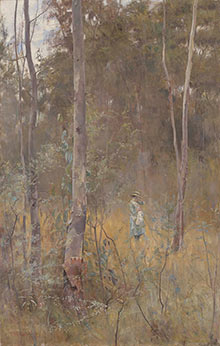I'm very pleased to announce that I will be appearing at the Perth Writers' Festival, Beaconsfield's Festival of Golden Words, and at Adelaide Writers' Week over February and March 2014.
Please do come along to hear me speak, introduce yourself, get a book signed, and help support Australia's literary festivals. More information about each event can be found by following the links.
Friday 21 February: Perth Writers' Festival - Burial Rites with Julia Lawrinson
Saturday 22 February: Perth Writers' Festival - Fallen Women with Evie Wyld and Annabel Smith
Sunday 23 February: Perth Writers' Festival - Absence at the Heart with Jo Baker and Rachel Robertson
Monday 3 March: Adelaide Writers' Week - Epic Journeys with Elizabeth Gilbert and Kalinda Ashton
Monday 3 March: Adelaide Writers' Week - Burial Rites with Steven Gale
Saturday 15 March: Festival of Golden Words - Dissecting a Killing with Louise Adler
Sunday 16 March: Festival of Golden Words - Why Tragedy Attracts Us with Professor Stanley, Rohan Wilson, Poppy Gee and Russell Eldridge



